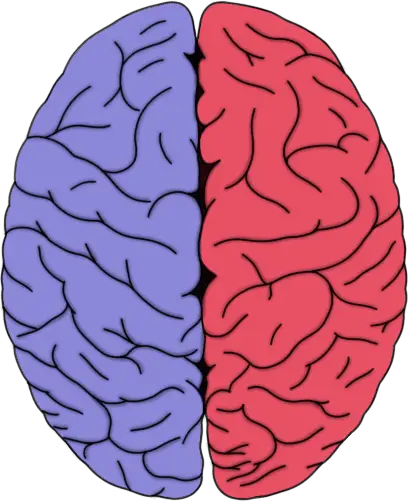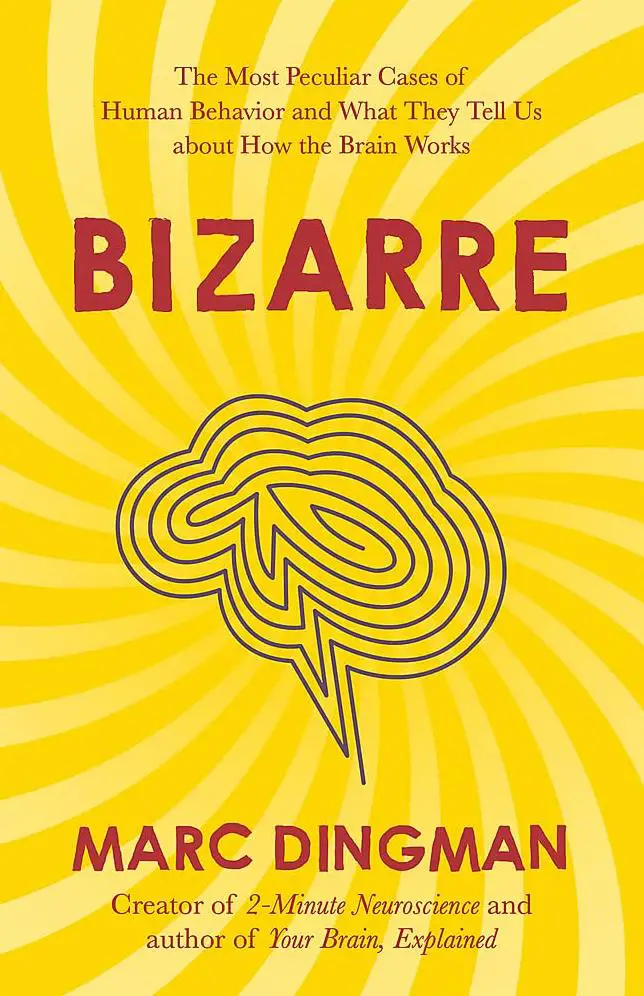Would You Vaccinate Your Kids Against Drugs?
This is not just a question intended to incite thought or debate, it’s an issue that any future parents, or parents with children under the age of 10 may actually be faced with before your child reaches 18. Clinical trials are currently underway for vaccines intended to treat cocaine and nicotine addiction, respectively. Both were administered without any adverse effects in phase I trials, and have moved on to phase II. So, if the treatments are able to demonstrate efficacy, it is conceivable they could be available for use in humans within a decade.
Cocaine has proven to be one of the most frustrating drugs of abuse for the pharmacology field because, unlike heroin (methadone), alcohol (naltrexone), and nicotine (buproprion, nicotine gums, etc.), no accepted pharmaceutical treatment for cocaine dependence has been developed. Yet cocaine is one the most addictive drugs of abuse, as well as one the most widely used, with over 14 million users across the globe. According to Scientific American, reducing the rate of cocaine use in the United States alone could result in a savings of $745 million in medical, legal, and other related expenses.
A failure to find acceptable methods of treatment for cocaine addiction has led researchers to investigate the plausibility of using immunotherapy. Immunotherapy involves administering a vaccine to raise an immune response against the drug. In order to do this, the drug must be delivered along with a immunogen, or antigen. An immunogen is a substance, often a protein, which can cause an immune response. Since the drug obviously cannot raise an immune response itself (or drugs wouldn’t be so popular), the drug is linked to an antigen and then administered to the patient. When the immune system senses the presence of the antigen, antibodies bind to it. This antibody-immunogen complex is too large to pass the blood-brain barrier, causing most of the drug to be unable to enter the central nervous system (CNS). This drastically reduces the influence of the drug, for the most part eliminating the rewarding quality of its use.
Since initial vaccines were developed, research has uncovered even more effective methods of vaccination against cocaine use. A few years ago a group at The Scripps Research Institute found a monoclonal antibody that has an extremely high affinity for cocaine. When displayed on the coat of a bacteriophage, they found the antibody could be carried past the blood-brain barrier and into the CNS, where it could be even more efficient at diminishing the effects of cocaine.
A bacteriophage is a virus that infects bacteria. They usually are made up of genetic material enclosed by a protein coat. Despite the nocuous connotation to their name, they are not dangerous to eukaryotic cells. They are useful as vectors because they tend to be very durable and able to withstand great variations in external conditions. Their ability to pass through the blood-brain barrier made them a great candidate for an immunogen. Their use in this study resulted in significant reductions in the psychostimulant effects of cocaine on rats.
A form of this vaccine developed by The Scripps Research Institute is now working its way through the clinical trial process. A vaccine against cocaine or nicotine would still necessitate some aspect of compliance, however. From most indications, a vaccine would require several injections over a period of up to 3 months to take effect. After that, regular vaccinations every 2 to 6 months would probably be necessary.
So, for adults, the desire to get treatment (or a court-ordered treatment in certain situations) would be a necessary first step. For minors, however, it’s conceivable a parent could be given the option of mandating a vaccination schedule, whether it be therapeutic or preventative. So, for all you parents with children who won’t be 18 within the next decade, what will you do? Important associations between a drug and its rewarding quality are made within the first several uses of the drug. Would you take the steps to vaccinate your child against nicotine, so that when she tries cigarettes the first few times she will spit them away with disgust and wonder what the big fuss is all about? Or against cocaine, so if he is at a party and happens to try it, he will not experience a rewarding effect? Would you tell her that you are vaccinating her? If you did, it might still allow her to harbor some curiosity about drug use, as she would know that, while vaccinated, she’s not experiencing its “real” effects. This could make him more inclined to try a drug after age 18, when you can no longer have such a peremptory influence. Think about it, it may be a decision you will one day have to make…
Carrera, M.R. (2004). From the Cover: Treating cocaine addiction with viruses. Proceedings of the National Academy of Sciences, 101 (28), 10416-10421. DOI:10.1073/pnas.0403795101


